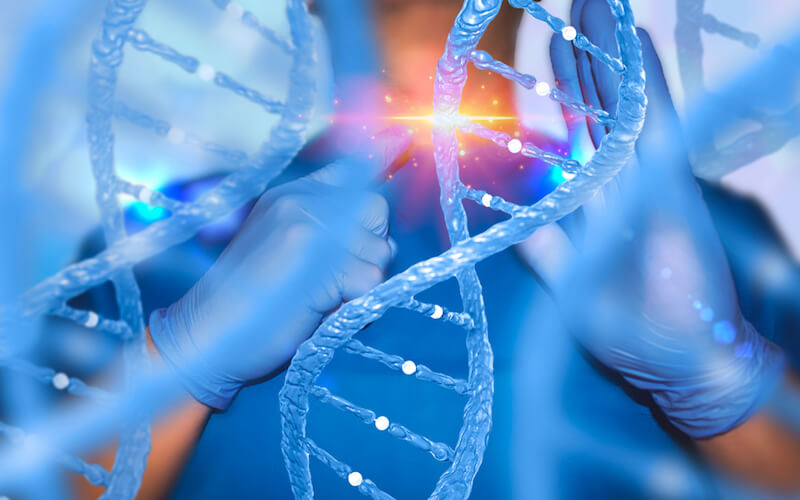A step forward in gene therapy for McArdle disease
A paper just accepted in Human Molecular Genetics has reported on the successful delivery of a gene therapy in the mouse model of McArdle disease.
The team from Australia, Spain and France, write:
Using a preclinical animal model, we aimed to identify a clinically translatable and relevant therapy for McArdle disease. We evaluated the safety and efficacy of recombinant adeno-associated virus serotype 8 (rAAV8) to treat a murine model of McArdle disease via delivery of a functional copy of the disease-causing gene, Pygm. Intraperitoneal injection of rAAV8-Pygm at post-natal day 1–3 resulted in Pygm expression at 8 weeks of age, accompanied by improved skeletal muscle architecture, reduced accumulation of glycogen and restoration of voluntary running wheel activity to wild-type levels. We did not observe any adverse reaction to the treatment at 8 weeks post-injection.
The researchers have demonstrated a highly promising gene therapy for McArdle disease in the mouse model, with the expectation that this development can now go on to a trial in the sheep model endemic to Western Australia. Subsequently to that, it may go on to a trial in humans.

![]() Read the abstract of the paper here.
Read the abstract of the paper here.

